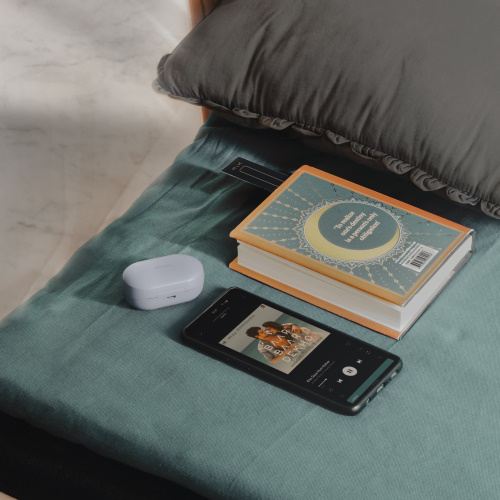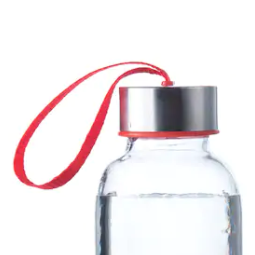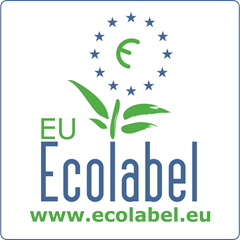Steps for reducing chemicals in your everyday life
We are all exposed to many different chemicals in our daily lives, from many different sources, and it's hard to avoid them completely. But we can try to limit how much we're exposed to.
Some chemicals can be harmful when they mix together, even if they're not harmful by themselves. That's called the "cocktail effect".

Air out
The air inside your home can be more polluted than the air outside, so it's important to let fresh air in often. We recommend opening windows or doors for 2 periods of 5 minutes each day to get some fresh air flowing. You could try doing this in the morning and before bedtime while you brush your teeth.

Choose organic food
When you eat organic food, you're less likely to eat harmful chemicals that are used on some fruits and veggies. Organic food also doesn't have a lot of extra stuff added to it. This is good because it helps protect the environment, keeps animals healthy, and makes sure you're not eating too many chemicals. So, choosing organic food is a good idea!

Ready-made meals
Avoid ready-made meals that are high in additives and coloring matters. Rule of thumb, many E-numbers = many undesirable substances.

Turn off your electronics
Do you leave your computer on even when you're not using it? If you do, try turning it off when you're not using it to save electricity and help the environment. Turning off your electronics not only saves you money but also makes the air inside your home better. When electronics are turned on, they release chemicals that can be harmful. So, it's a good idea to turn them off when you're not using them.

Your vegetables
Rinse and wash your vegetables & rice in clean water to remove any chemical residues.

Bottle it up
Over 1 million plastic bottles are purchased every minute. That’s 1 million good reasons to bring your own reusable bottle.

Avoid soft plastics
Using soft plastics, especially for children, should be avoided as they may contain chemicals that can interfere with hormones in the body.

Clean frequently
When you remove dust, your home not only looks cleaner, but it also becomes healthier to live in. Cleaning is important because chemicals accumulate in the dust. Be aware that vacuuming alone is not enough; dusting should also be done once a week. If you have small children who crawl around on the floor, it's especially important to pay attention to this.
You might also like


Reduce Plastic Use
Take the pledge and reduce your plastic use. We give you 7 easy ways to start in your everyday life.
Less Plastic


Our 6 tips for making less rubbish
6 tips for you who want to start reducing waste in your everyday life
Zero Waste Drop Chemicals
